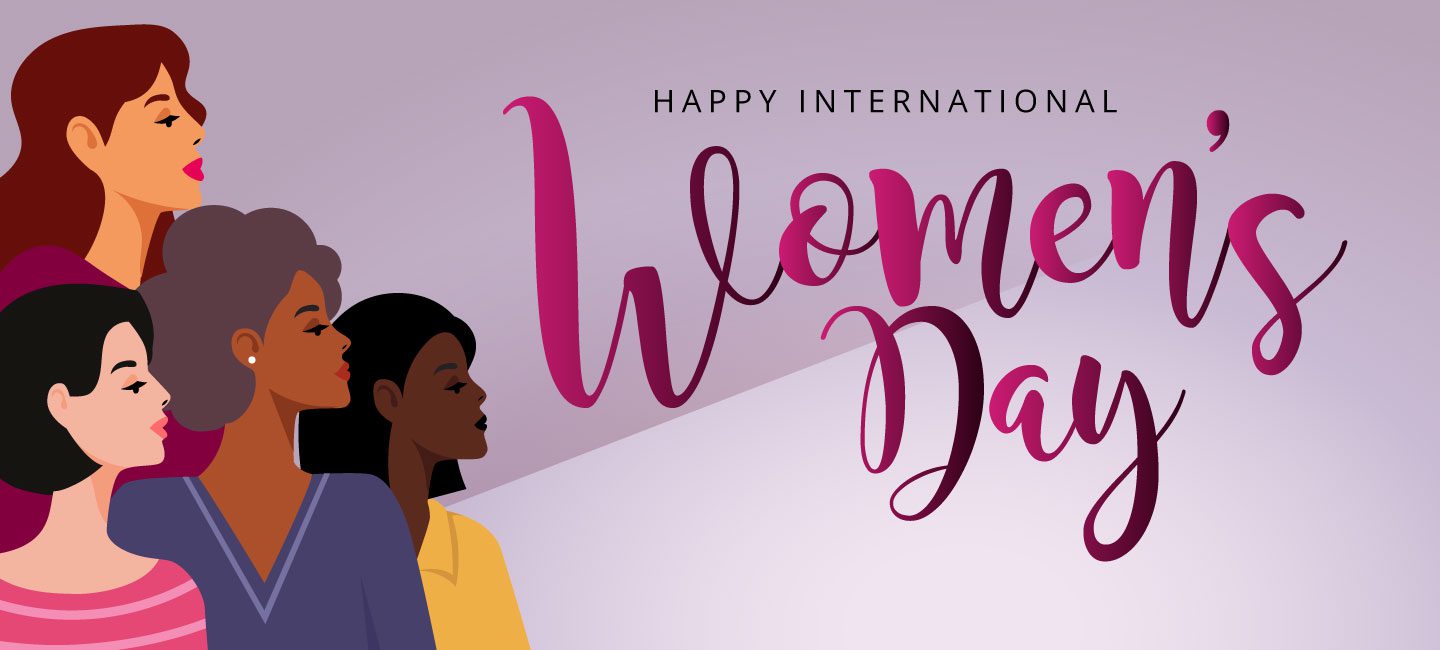March is Women’s History Month. Much of the focus will be on March 8th, International Women’s Day. These 24 hours are dedicated to celebrating women and their contributions to our global society. It is also a time to recognize areas where more work is still required.
Throughout history, women have fought for things that we may take for granted today. The right to vote. The right to get a proper education (which is still not guaranteed in some areas of the world). The right to own land. The right to participate in politics. And the right to receive proper health care.

Gender bias in healthcare refers to women and men being assessed, diagnosed and treated differently. Unfortunately, gender healthcare bias leads to poorer outcomes for women. Evidence of gender healthcare bias can be found in:
- Medical research and training to address gender-specific needs
- Delivery of timely health care due to symptoms
- Access to healthcare for women
- Women in Healthcare Leadership Roles
Providing quality health care for women leads to healthier families. Healthy women are enabled to better contribute to their communities. There is a direct relationship between women’s health and the long-term productivity of society. According to an article on NIH.gov, a nation’s performance and economic development partly depend on how it protects the health of women. Promoting the health of women is in our best interest.
Here is how point-of-care ultrasound (POCUS) is working to address women’s issues in healthcare:
Medical Education and Training
According to UN News.org, midwives save the lives of some 300,000 women each year. Dr. Diana Dowdy was previously featured on POCUS.org, leading a poster session titled Developing a Standardized Global Ultrasound Curriculum for Midwives. The POCUS community’s commitment to ending gender healthcare bias in education and training is evident in the many programs developed to give midwives hands-on training. This training is critical to improving the health of women and their newborns.
Addressing Gender-Specific Needs
Prenatal healthcare is essential for women. The World Health Organization (WHO) recommends that expectant women have an ultrasound by 24 weeks of gestation. POCUS can be used not only during early pregnancy but also throughout the pregnancy. A critical application of POCUS is to check for complications that may need intervention to ensure the health of the mother and baby. POCUS can also be used to evaluate breast pathology for women visiting the emergency room. Clinicians can determine if an additional evaluation is needed based on the results of the POCUS exam (POCUS NIH).
Delivery of Timely Healthcare Due to Symptoms
Chest pain and discomfort are classic signs of a cardiac issue for men. Women present unique symptoms when experiencing a heart attack. Using POCUS, trained medical staff have been able to quickly determine the level of emergency care needed for women who are taken to the emergency room complaining of experiencing shortness of breath over a number of consecutive days.
Women Leading the way in Leadership in the POCUS Provider Community
Lack of women leaders is a common issue throughout the medical field. According to the 2018 Harvard Business Review article What’s Holding Women in Medicine Back From Leadership:
“…women account for only 18% of hospital CEOs and 16% of all deans and department chairs in the U.S.—positions that typically direct the mission and control the resources at medical centers. Women are also in the minority when it comes to senior authorship (10%) and Editors-In-Chief (7%) at prestigious medical journals.”
The POCUS community has made some progress in bringing women into the forefront of their field:
- Beth Thoma and Dr. Mary Beth Phelan pioneered the POCUSd field at the Medical College of Wisconsin-Milwaukee.
- Aarti Sarwal is an associate professor and co-director of ultrasound in medical education for Wake Forest School of Medicine.
- Hong Wang is a Point-of-Care Ultrasound (POCUS) Certification Academy™ Council member. She serves as Professor and Vice-Chair of Clinical Operations in the Department of Anesthesiology at West Virginia University and is the Department’s POCUS program director. Dr. Wang also established the POCUS training for the anesthesia residents and participated in the WVU medical student ultrasound training.
This International Women’s Day, we must recognize that regardless of our gender, irrespective of the region of the world we reside in, everyone should be granted the same ACCESS to healthcare and medical opportunities. Do your part:
- Celebrate the work and achievements of women leaders in healthcare. This inspires more women to achieve their full potential.
- Recognize women in leadership roles that encourage young girls to be proactive. Women and girls will be more confident in taking charge and being leading voices in the world.
- Support organizations that are great institutions for women. According to the International Women’s Day website, prime organizations for women:
- Demonstrate executive leadership commitment to gender equality
- Ensure women’s inclusion from the supply chain to decision making
- Provide external support for women’s advancement
- Volunteer at POCUS.org/volunteer. By volunteering to advance POCUS around the world, you will improve the health of women and their children during pregnancy, empower midwives and skilled birth attendants, and improve the lives of women throughout the globe.
Visit our POCUS community page to learn more about the various opportunities we have available for you to support the growth and vibrancy of the POCUS movement.





















